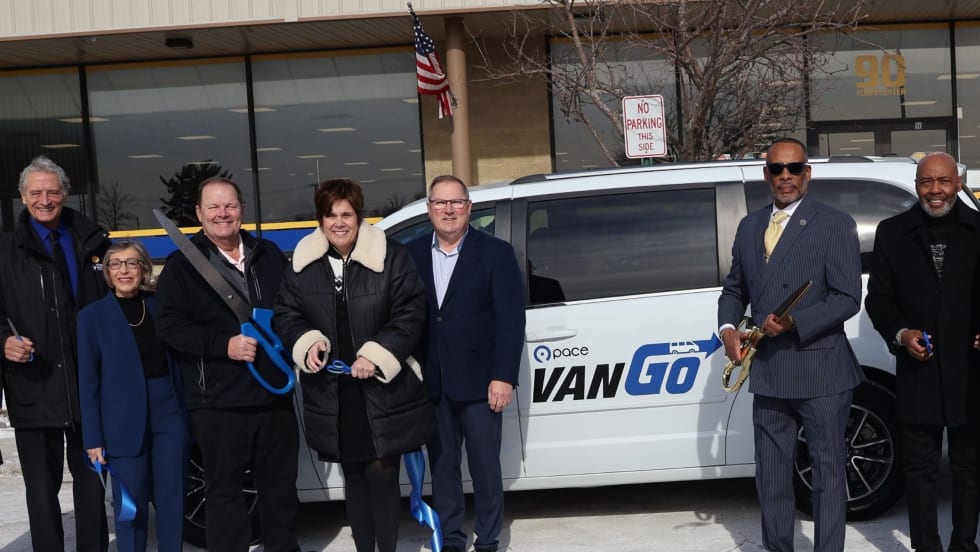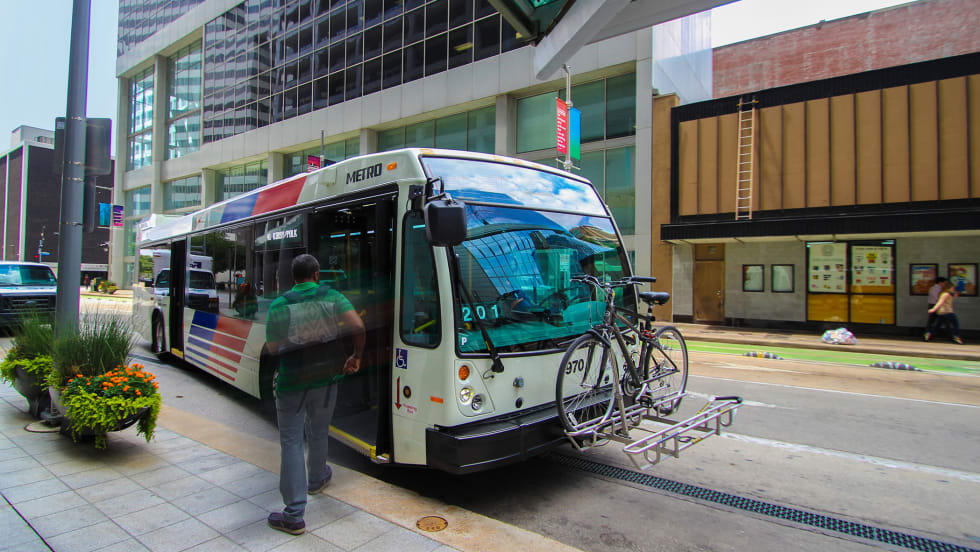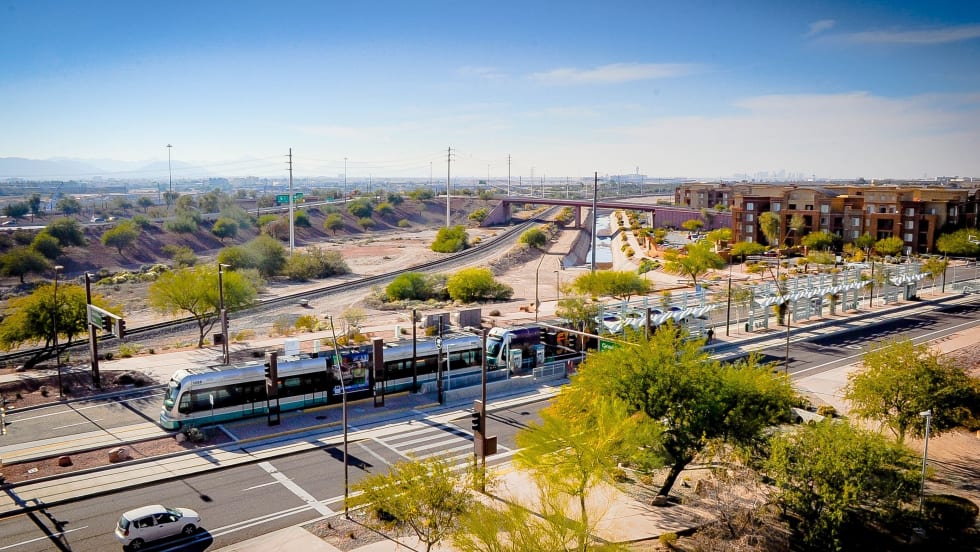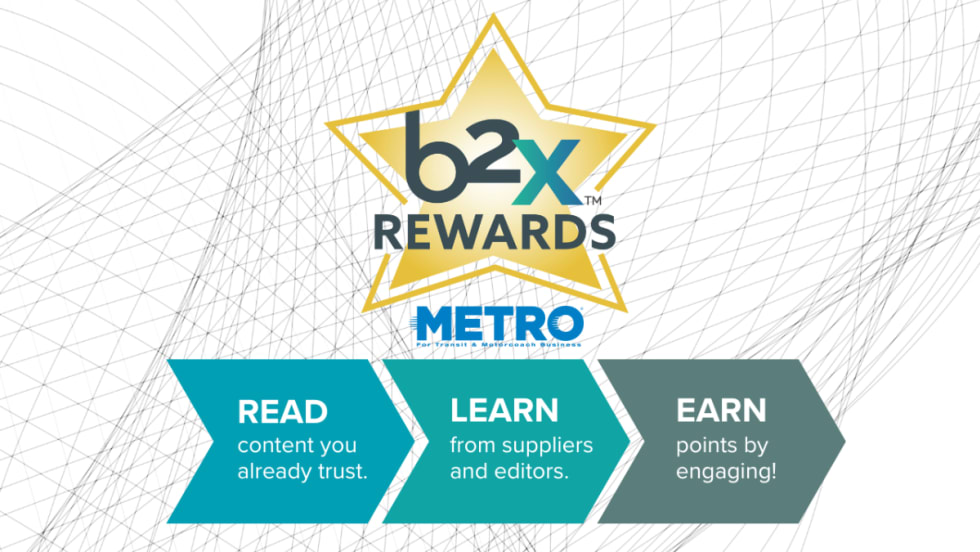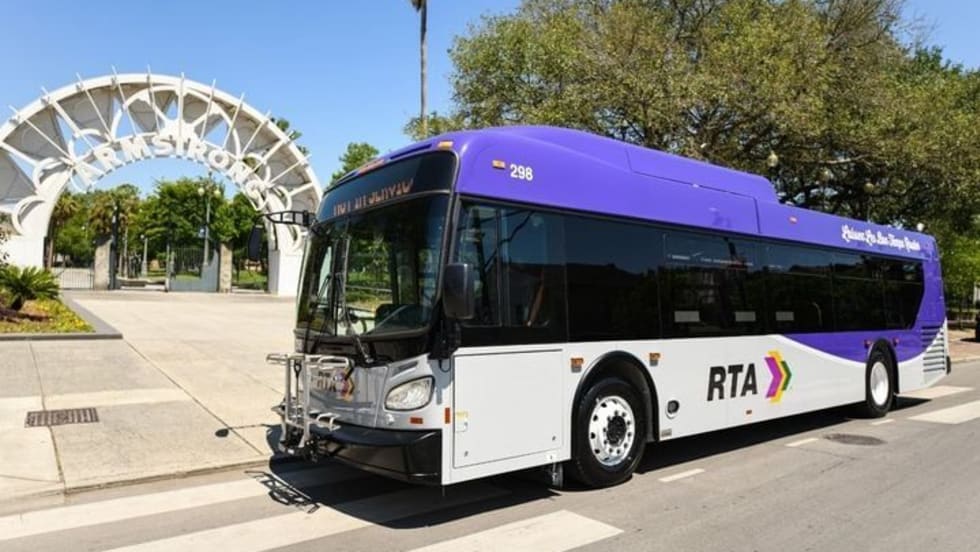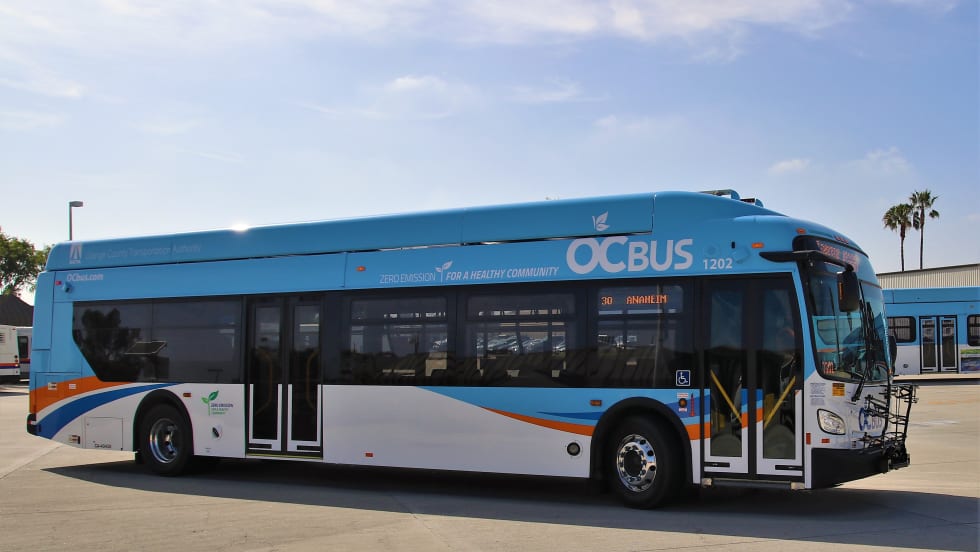Sean Libberton, Transit and Rail National Practice Consultant at HNTB, discussed the best ways transit agencies can receive federal funding and the company overcomes its biggest challenges.
Receiving Funding, Overcoming Challenges
Dig into this Q&A to learn more about how consultants help transit agencies receive many and how HNTB is handling its most daunting obstacles.
METRO: With transit receiving record funding for projects, what are some keys for the industry to successfully move ahead with projects that are in the works or in the pipeline?
Libberton: The key is to have projects that are grant-ready. That doesn’t necessarily mean shovel-ready, but projects should be advanced enough to have a well-defined scope and a cost estimate that both the transit agency and FTA — or any other grantor agency — have enough confidence in to make the investment.
Completion of NEPA at the time an application is a plus. Large projects that have only recently initiated planning in hopes of taking advantage of the uptick in funding may actually be too late to do so unless IIJA funding levels are sustained in the next federal surface transportation authorization.
Fortunately, nearly all of IIJA’s large funding programs allow planning as an eligible expense, which is a departure from previous authorizations. This permits agencies to not only fast-track planning but to enhance the planning scope of work to improve local decision-making.
Such enhancements might include more reliable ridership forecasting and cost estimation, more robust equity analyses, and a more participatory public engagement process.
With few exceptions, federal programs require a minimum 20 percent matching funds, while the policy for some programs is an even larger match. Because of that, ensuring that state and local resources are available to take advantage of federal funding is another critical factor.
METRO: Are there more agencies looking at alternative forms of project delivery? If so, why? If not, why not?
Libberton: Alternative delivery is definitely becoming more prevalent for large capital projects as more agencies deliver programs using various delivery methods and, in doing so, have increased their knowledge in this area.
Moreover, the path to a guaranteed maximum price — that is, the cost at which a Capital Investment Grant Full Funding Grant Agreement is ideally based— is accelerated through a design-build procurement.
METRO: What are some key ways consultants can help transit agencies successfully receive federal grant funding for their projects/vehicles?
Libberton: Transit agencies are working hard to balance daily operations while at the same time trying to track federal discretionary grant requirements and funding opportunities, and assembling the data and information necessary to write compliant and compelling grant applications.
Furthermore, most USDOT programs require a benefit-cost analysis, and of course, FTA’s Capital Investment Grant program features a complex, multiyear path toward funding. Many transit agencies have limited exposure to these requirements.
Because of this, consultant firms who have experience with well-established federal grant-writing and economics practices can help support transit agencies to identify their competitive federal investments, and to make the best possible case for them, taking into account each grant program’s criteria.
The use of professionals with years of experience in federal grant writing can substantially increase the likelihood of a successful grant.
METRO: What is your company’s biggest challenge and what is the firm doing to overcome that issue?
Libberton: Recruiting in an ever-competitive job market remains a challenge and something our entire industry is dealing with.
We work to address this challenge by offering career advancement opportunities, attractive compensation, and benefits packages, and promoting the opportunity to contribute to the critical mission of public transportation and how it can help enhance our local communities.






